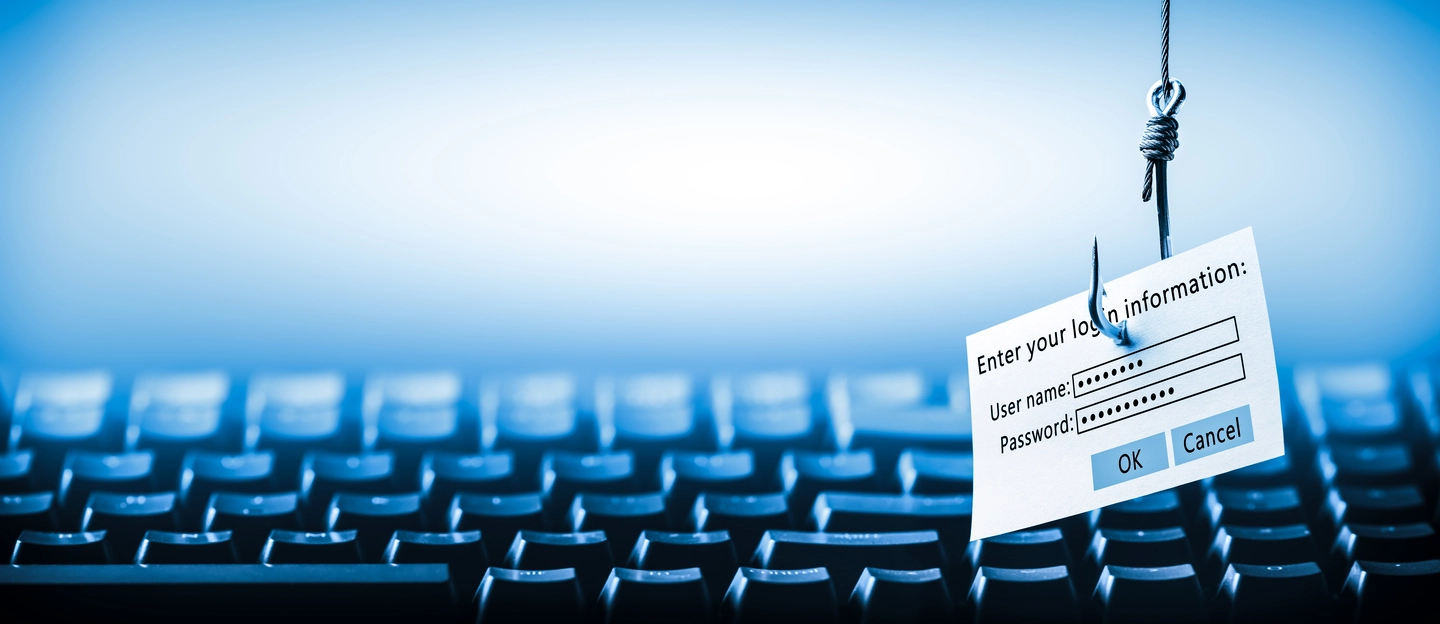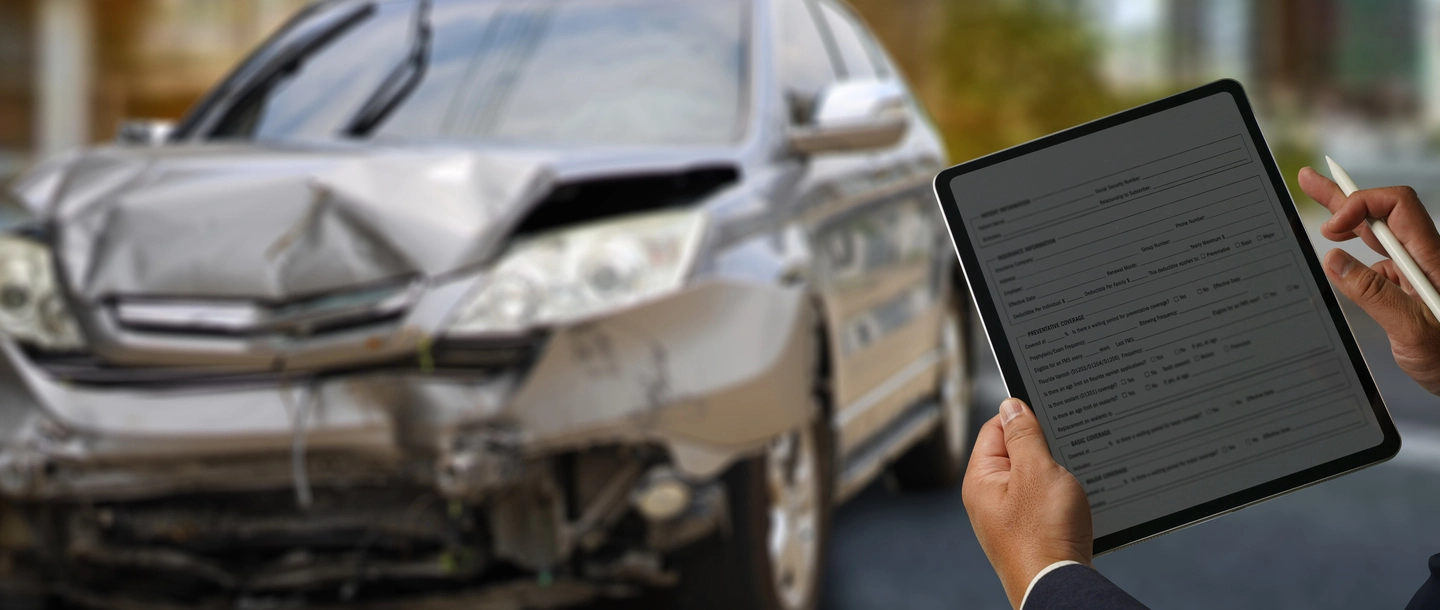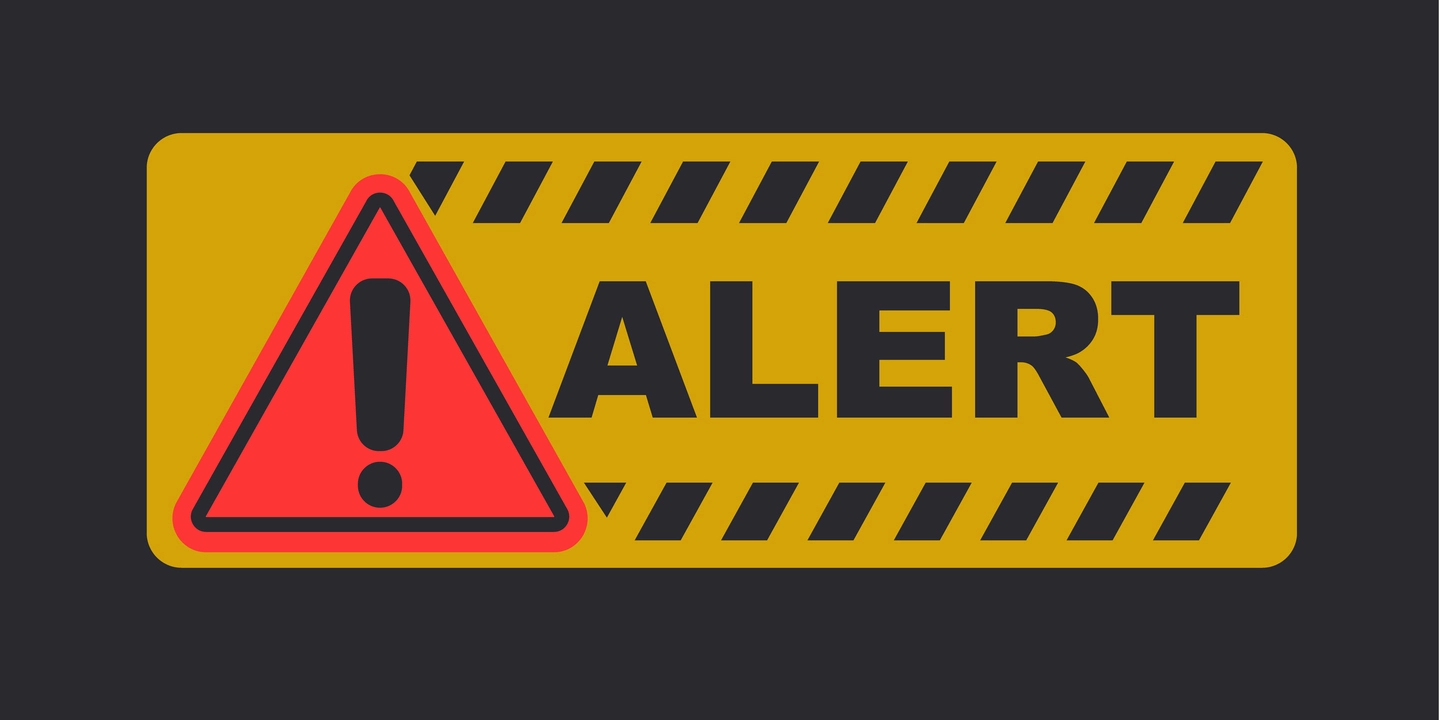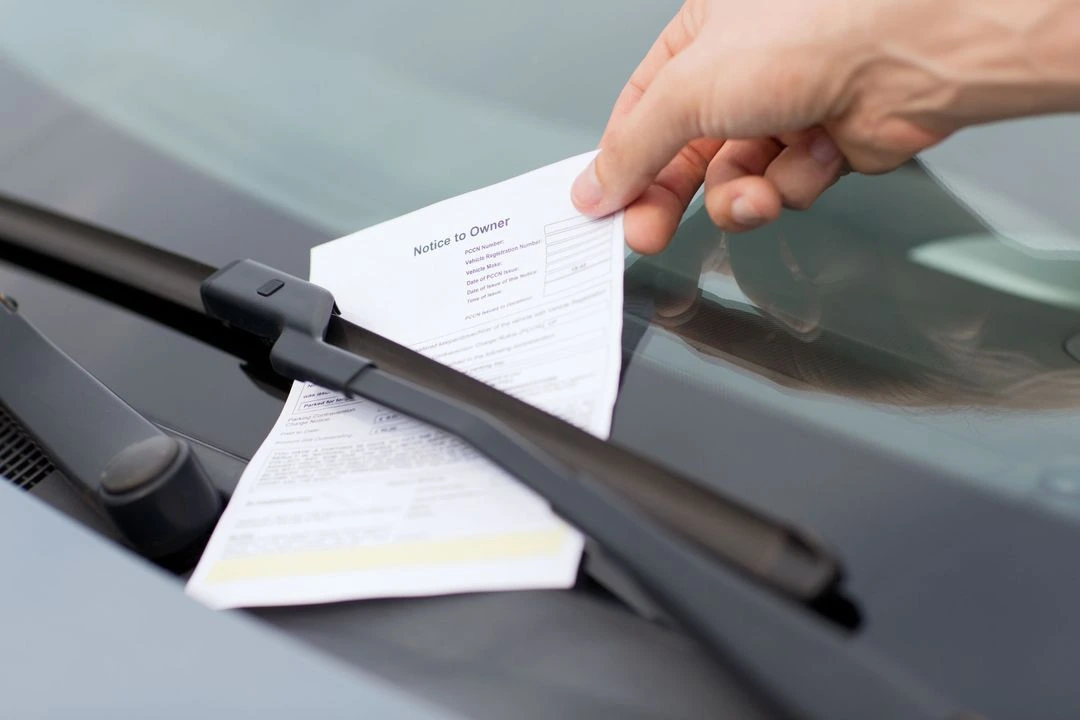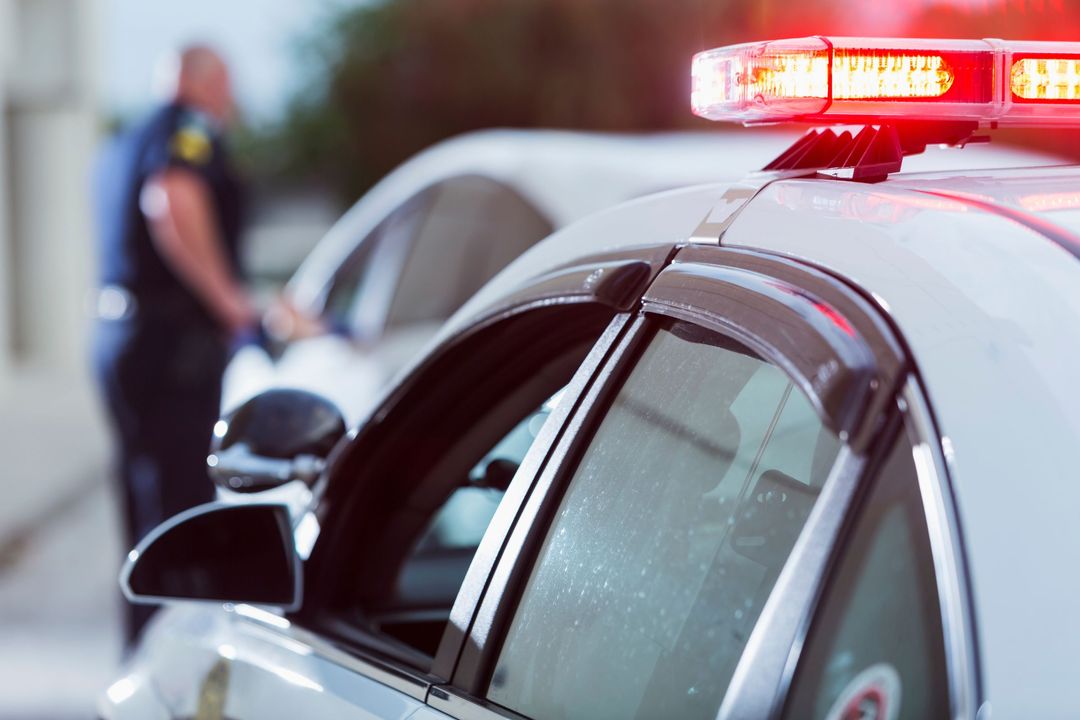The Rise of AI-Driven Insurance Scams in Ontario: What You Need to Know
Understanding AI Insurance Scams AI-based insurance scams use advanced technologies, such as machine learning, deepfakes, and automated chatbots, to manipulate victims. These tools enable scammers…
Read Blog
